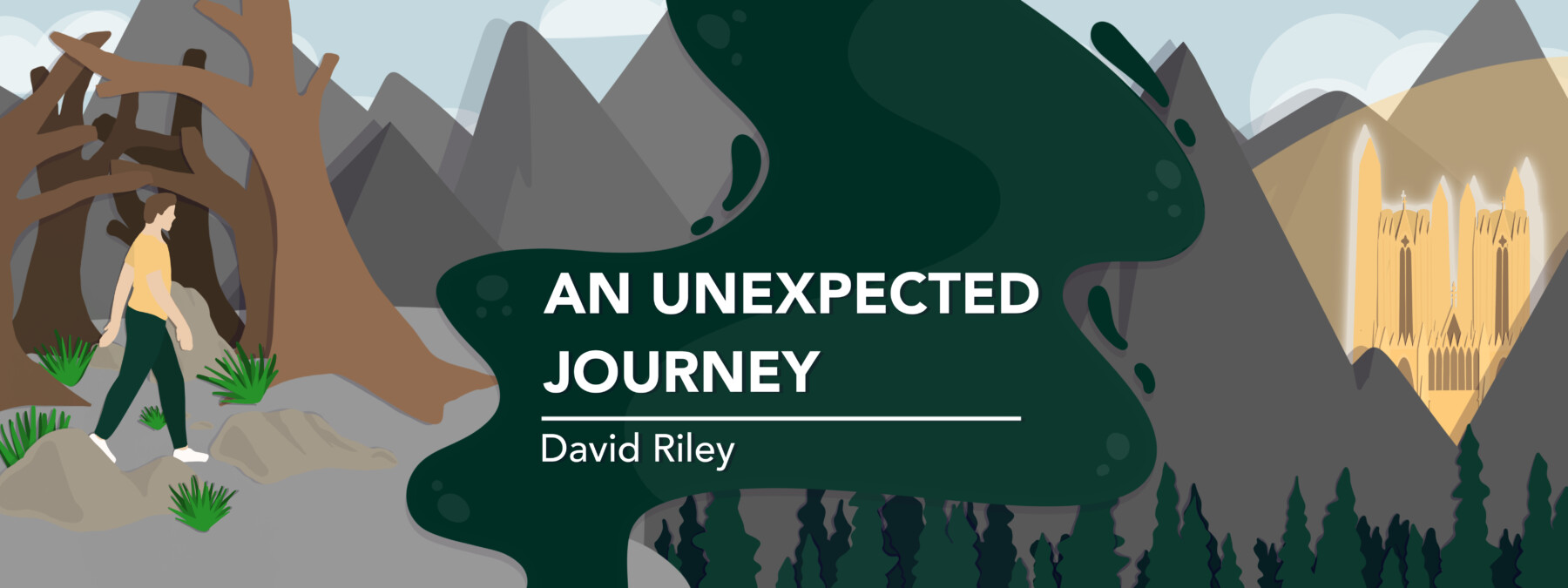Avoiding destructive self-consciousness is necessary with FA
With a rare disease, it helps to remember the popular saying: 'Compare, despair'

Across a little wooden bridge, with the creek underneath and the manufactured habitat surrounding and running alongside, was the home of three small, gray foxes. One of them ran with the others under the bridge, onto the quiet meadow, and through the trees, distinguishable only by its three legs. I watched in amazement as the three-legged fox appeared just as limber and swift as the others. It finally ran out of sight with the rest into the forest, but not until it left me with a lasting impression.
That day I was 9 years old at Maymont, a park in Richmond, Virginia. It was the same year I was diagnosed with Friedreich’s ataxia (FA). The fox sighting was no grand experience and resulted in nothing life-changing. It was merely childhood wonder that kept the fascinating image from nature in my mind: that a creature so injured could carry on with life as if nothing had happened.
Years later, however, I’d revisit this childhood event and gain fresh clarity about my life with FA.
Back to my childhood
Removing my shoes and shirt, I began transferring to the acupuncture table. To me, it was an ordinary process. To her, the traditional Chinese medicine practitioner, it was a complex series of pivots and movements on my part. Finally, I lay on my stomach and scooted myself to the proper position on the mat.
“Wow, so much work!” she said in surprise and with compassion.
Her response briefly rattled my brain and highlighted the cultural divide between us. She was from the Far East and was probably Buddhist, based on the wall surroundings. I was an American and had been influenced by the spirit of independence left by our Founding Fathers.
With my head at the end of the table and facing the the ground beneath, I thought for a moment. “It’s not so bad,” I said. “I just don’t compare myself with others.”
I left the session refreshed from the stimulating effect of the cupping and the tiny needles on my weary body. But I was also refreshed by a thought that harkened me back to childhood and that three-legged fox.
Moments of reflection
What captivated me on the way home and for days afterward, whenever I had spare moments, was the marvelous complexity of human nature. The reason that three-legged fox was no different from the others was because it was an animal and possessed no consciousness of its own deficit. Having no self-consciousness, it lacked the ability to compare itself with the others and could simply live and thrive.
In its unaltered state, life can engender more life, and the will to survive is the most basic instinct of all living things. Something as small as bacteria will thrive until an outside force stops them, and something as large as a fox will overcome all obstacles that would prevent it from living. Even a fetus squirms at pain, which is a natural instinct to avoid harm.
Human self-consciousness is both marvelous and frightening. On the one hand, I can access my sensory experiences from years long past as well as analyze my environmental and cultural heritage and influences, all while considering someone else’s upbringing — and then I can write a coherent piece about those thoughts.
On the other hand, I could let my self-consciousness turn me down a dark path of comparing myself with others, trying to be on top of the stupid, little manly-men game. Self-consciousness could lead me to self-doubt, self-pity, and, finally, despair. It could also have me feeling inflated self-worth. All of these states would put me in a place of increased anxiety and strife.
I won’t be so mawkish as to say the three-legged fox had any bearing on how I lived after I saw it, and I won’t be so dorky as to acknowledge a “sub-conscience” role in the matter, because psychoanalysis, in my view, is pseudoscience and always has been. I didn’t learn or act on anything I learned from the fox, but that would be a funny story!
Rather, the three-legged fox was a good way for me to express my thoughts when the time came. Friedreich’s ataxia doesn’t destroy a person’s life, but thoughts about it can, and life is a hard enough journey and leads many to destruction.
Note: Friedreich’s Ataxia News is strictly a news and information website about the disease. It does not provide medical advice, diagnosis, or treatment. This content is not intended to be a substitute for professional medical advice, diagnosis, or treatment. Always seek the advice of your physician or another qualified health provider with any questions you may have regarding a medical condition. Never disregard professional medical advice or delay in seeking it because of something you have read on this website. The opinions expressed in this column are not those of Friedreich’s Ataxia News or its parent company, Bionews, and are intended to spark discussion about issues pertaining to Friedreich’s ataxia.








Leave a comment
Fill in the required fields to post. Your email address will not be published.